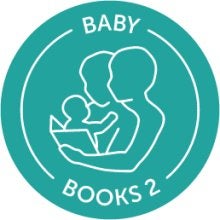

Family Involvement Laboratory (FIL)
Current Research Studies

Baby Books 2: Using Baby Books to Improve Maternal and Paternal Parenting and Child Outcomes
A study of the effectiveness of embedding educational information into baby books as a way to educate mothers and fathers about typical child development, injury prevention, and optimal parenting, including coparenting. Educational books written in English and Spanish will be given to (1) mothers only, (2) fathers only, or (3) both parents. Another group will get non-educational books. With seven waves of data collection from when babies are 9 to 30 months, this project is one of the first to test differential and multiplicative effects of targeting both parents and will provide valuable insight into a low-cost and easy to implement intervention for low-income children. Co-investigators include Stephanie Reich and Greg Duncan.

The Everyday Learning Project
This NSF-funded project is to investigate the development of mathematical and spatial skills in 2- to 3-year old toddlers from English- and/or Spanish-speaking families of varying socioeconomic status. Specifically, we are interested in looking at the influence of maternal and paternal characteristics and the interactions between children and their mothers/fathers. We will conduct 2 home visits within 2 weeks: one with child and mother and the other with child and father. During each visit, children will play a series of games with each parent as well as with a researcher. Additionally, parents will each complete a few surveys and standardized assessments of math and spatial abilities. This project is a collaboration with New York University (Dr. Catherine Tamis-LeMonda) and University of Pittsburgh (Dr. Melissa Libertus).